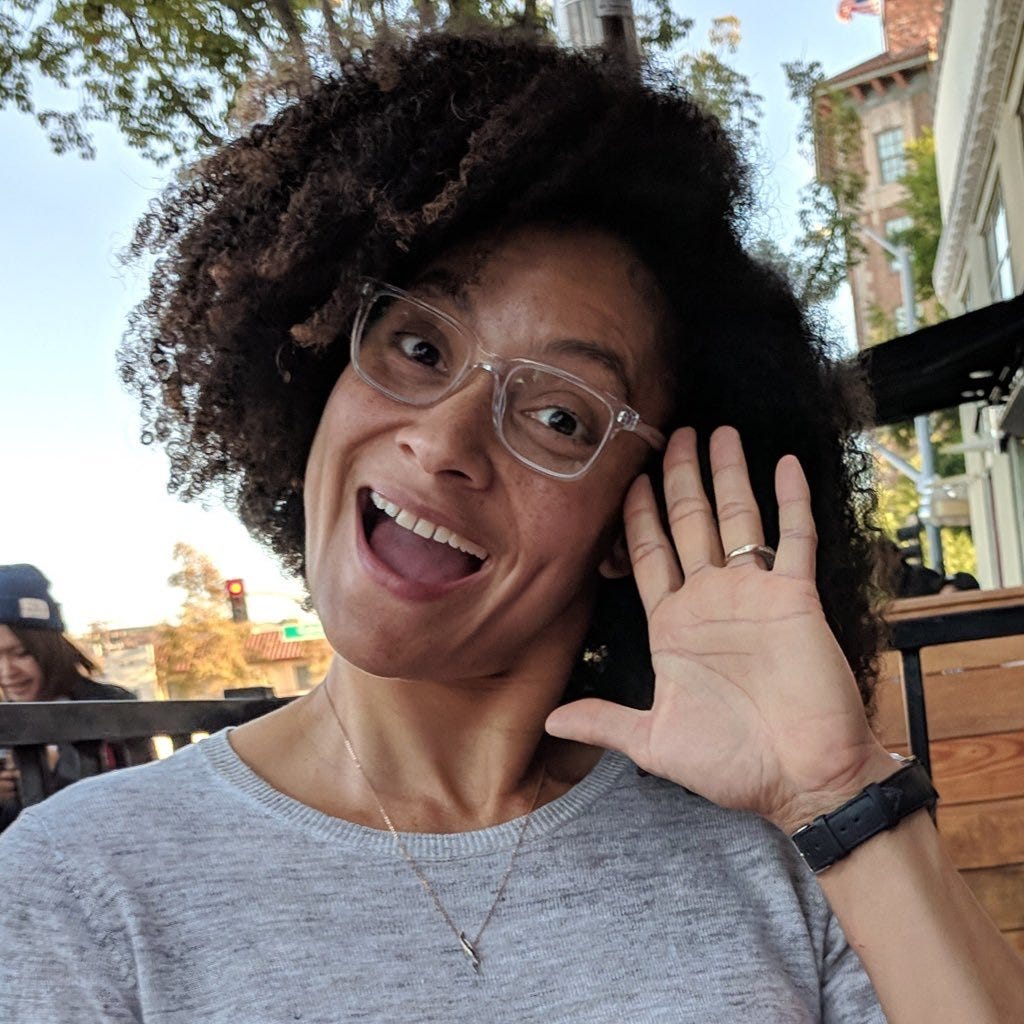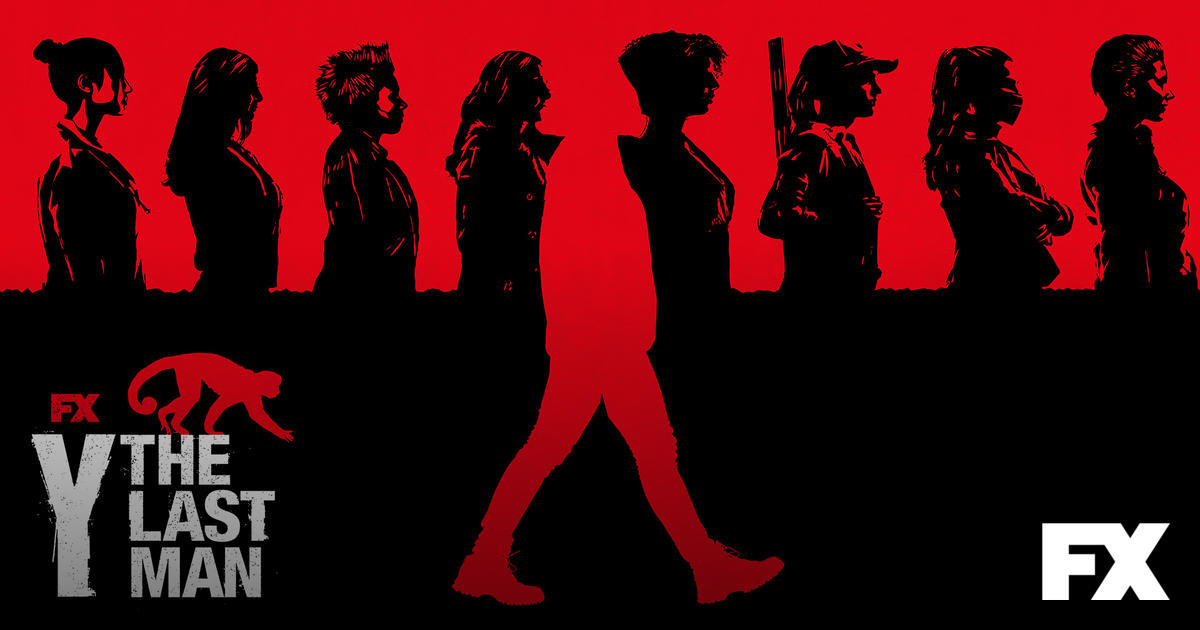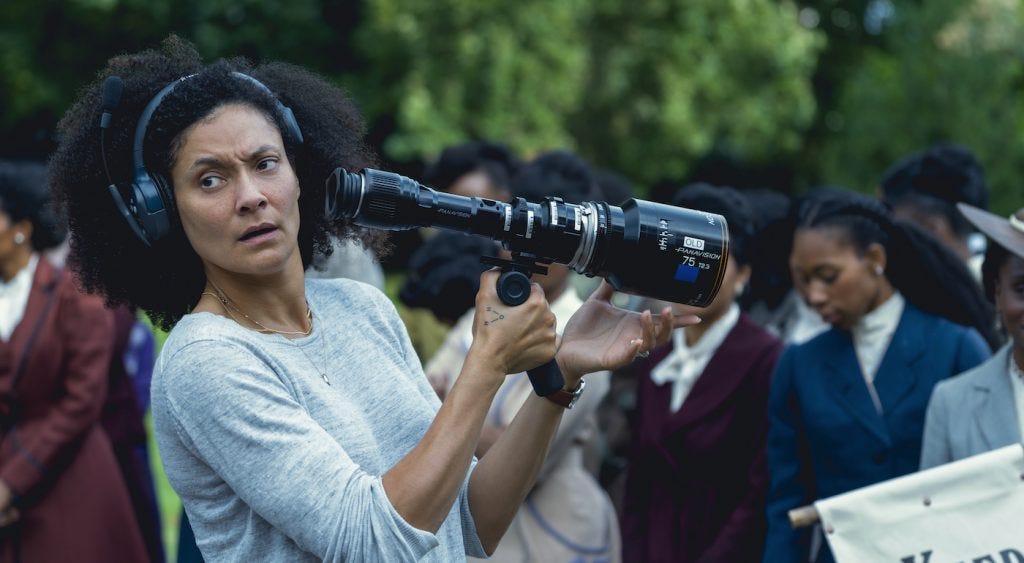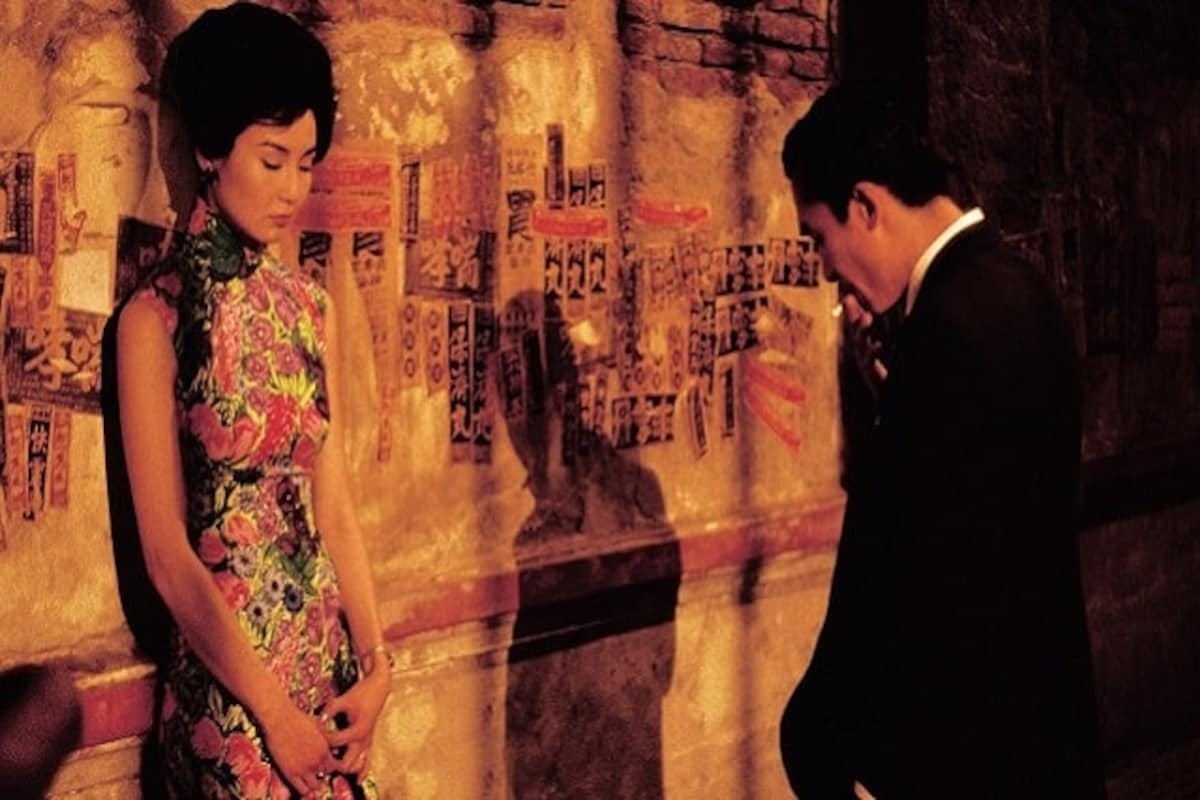INTERVIEW: Cinematographer Kira Kelly
“…as a cinematographer that is my ultimate challenge and my ultimate goal of how do I tell the story visually? Yes, we have the script here and the actors speaking but the composition and the lighting should be able to help elevate that.” - Kira KellyHey Hey!
Up next for our interview series is Cinematographer Kira Kelly! She has worked on Insecure, 13th, Self Made, Queen Sugar, and her most recent project is FX on Hulu’s Y: The Last Man. Below is her bio:
Kira Kelly, ASC is a two-time Emmy-nominated director of photography. She received her first Emmy nomination in 2017, for Netflix’s documentary, 13th, directed and produced by Ava DuVernay, and her second in 2020, for shooting an episode of HBO’s Insecure.
Kira’s most recent projects include an FX series for which she shot the pilot. Y The Last Man, based on the acclaimed graphic novel is set in a post-apocalyptic world and provided Kelly with the opportunity to shoot in one of her favorite genres.
Other recent projects include the Netflix limited series Self Made: Inspired by the Life of Madam CJ Walker, starring Octavia Spencer. Prior to that, she shot three seasons of critically acclaimed Queen Sugar. Kira’s other television credits include The Red Line for CBS and the Emmy nominated Hulu show, East Los High. ICG Magazine featured her work from both shows.
Kelly’s ability to shoot iconic images earned her spots on American Cinematographer’s Rising Stars of Cinematography, Variety's Top Cinematographers to Watch, ICG Magazine’s GenNEXT, and two Emmy nominations. Her commercial clients include Geico, Amazon, State Farm, Subway, L’Oreal, Zalando, Google, Nike, and more. She recently advised Google engineers on the development of the Pixel 5 camera.
In October 2020, she became the first Black woman invited into the prestigious American Society of Cinematographers. Kira is represented by WME. She lives in Los Angeles with her husband, daughter, and two dogs.
We loved the advice and insight she gave and hope you do too - enjoy!
//
How did you end up in the film/television space?
When I was younger I always loved watching a lot of movies and television. Once I got to High School I started taking photography classes and loved doing that. It was that mixing of watching a lot of films with still photography that really got me interested and made me think, maybe I can go to film school? I am not sure how the two connected but I am happy that they did. It also helped that my parents were very open to me going to film school as well. When I first got there I could not tell you the difference between what a producer did, or what a director did and I had no idea at that point that it was going to be cinematography. That did not happen until about a year or two after I got there.
Can you tell us more about your role as a cinematographer on your most recent project Y: The Last Man?
Y: The Last Man is a pretty special piece that is coming out and I am really excited about it. As a cinematographer, my role for this project and in all projects is to visually translate the director’s vision for a specific world. I work with the production designer, costume designer, and all of us take the ideas that the director is trying to get across and put them on the screen. The director for the pilot is a woman named Louise Friedberg and what happens in the show is that an event happens and every mammal with a Y chromosome ends up dying, except for this one man and his helper monkey - which is interesting haha. Basically, imagine that half the world’s population drops dead in a moment and there is nothing but chaos. For example, in the United States, most of the truckers are men and thus, the food supply stops because there is no way to get food anywhere. In addition, ninety-five percent of pilots are men, so in the show we have planes falling out of the sky. The world economy just stops and in the meantime you have all this trauma happening because there are men dying right next to you. Louise wanted to create this world where, in the pilot, we show “pre-event” and “post-event” and in pre-event, she wanted to show this world of extreme excess and consumerism. In the pilot, there is a political party scene, it happens at night and we wanted to make it feel as though every light in the house is burning - there are a lot of candles going, we are burning electricity like there is no tomorrow, there is food that is being wasted, etc. We wanted to lean into where we are right now as a society, where we use everything up to an extreme, we consume and consume and consume and we do not ever worry about if there will be a shortage of it.
And what happens when we got into the post-event is that we chose to play with this idea of imperfection in the visuals. We specifically used this one lens called the MAP55, our usual camera package was the Anamorphic G Series from Panavision and once we got into the event the lens helped to make it beautifully imperfect, this sums up how we wanted the world to look afterward. I remember telling the camera operators to frame out the shot and I would always tell them, do something to mess it up a little bit more because this world should be imperfect at this point and that was what we were really going for.
What is some advice you would give to upcoming cinematographers?
Try to shoot as much as you can and make sure that it is a project that you can see yourself enjoying, trying something new, and challenging yourself. We now have these phones that are amazing, not only can you shoot a lot but you can do so with some intentionality. I would also say that if you live in a place where there is a film industry and there is a way for you to get on set, whether it is a production assistant or an electrician or camera assistant, try to get that experience because a lot of the job as a cinematographer is not just the lighting, camera positions, etc. but it is also about whether or not you are able to manage a crew. As a cinematographer, I have three big departments that I manage and you have to know how to be able to do that. And you also have to know a little bit of the politics of it and how to work within that crew, so anytime you can get onto a set and see how other cinematographers not only light but also how they manage themselves, I think is a good experience.
What is up next for you?
I just got back from New Mexico, I was working on a movie there called Rez Ball. The film is about basketball on a Native American reservation in New Mexico. But, because the Delta Variant had come on so strong the Navajo Nation understandably did not want to open up their community to a film crew and shooting got pushed back to the fall. In the meantime, I have been working on some commercials.
4b. Can you elaborate on your thoughts about Delta Variant/Coronavirus and how it has impacted the industry and will potentially continue to do so in the future?
The Coronavirus has really changed how our industry works but I think in a lot of ways there have been good changes. The biggest challenge with shooting in the time of Corona is actually just trying to do the physical distancing because it is not easy. We go into these rooms and we are on top of each other and then if we are not all in the same room then we are outside of that room in an even smaller room and trying to manage that has been and still is a challenge. But I think that the mask-wearing is going to be with us for a while, especially those of us who are in Zone A (this is where actors remove their masks). I think that testing will also stay. For example, in any long-term show, we get tested three times a week. Even for Y: The Last Man we shot the pilot last September of 2020 and although most of us have been in our house for however long and it was kind of scary to go out, I did feel safe on a film set because at least I knew I was surrounded by other people who were being tested three times a week, who were wearing masks, who were wearing face shields, there was a lot in place. And now with the vaccines, I know that there are a lot of studios saying that if you are in Zone A you have to be vaccinated - Netflix has said that and others too. So I think that a combination of vaccinations, continuing face masks, and testing can keep the industry going.
In addition, I think something that happened during Coronavirus is that it forced us in the film industry to stop. In the film industry, we are accustomed to going, going, going and it is baked into us. I will speak to myself because I am a freelancer but there is this idea of feast or famine, go-go-go, you have to force yourself to take a break. But, when we all did have to take a break because of Coronavirus in 2020, I think we all, and I will speak for myself again, I got back and started thinking about what are my priorities? My priority is to be a director of photography (DP), my priority is to work and have this art form but I also would like to see my family. And I think right now a big change that has happened in the industry is that a lot of people who had that break were suddenly like, I do not want to go back to the norm. Which in our industry can be fourteen-hour days, sometimes sixteen-hour days, a twelve-hour day is a normal day. And right now there has been a lot of outcry which I think is a good thing about how can we stop this, how can we make the days more manageable, how can we make it just a twelve-hour day, how can we make it just a ten-hour day? Another thing to realize when you get into the film industry is that the norm in the world is a forty-hour workweek but the norm in the film industry is a sixty-hour workweek. You are working. So there has been a lot of talk about how to change the industry in a way that you can earn a living wage but you can still see your kids at night. Or, if you do not have kids, do whatever you want at night, see your dog, or whatever.
Favorite Film or TV show and why?
That is a good one. I think my answer has probably been the same for twenty years. I love this film that I first saw in film school called In the Mood For Love. It is this movie by Wong Kar-Wai and what I think is so brilliant about this film is you can see it on mute and still know exactly what the story is and know what these characters are going through. And it is this gorgeous film that happens in the sixties in Hong Kong and the dresses and the wardrobe are incredible. The cinematography is incredible and Tony Chiu-Wai Leung, who plays the dad in it, is beautiful. It really is just a gorgeous film. I think for me as a cinematographer that is my ultimate challenge and my ultimate goal of how do I tell the story visually? Yes, we have the script here and the actors speaking but the composition and the lighting should be able to help elevate that so that if the audience was looking at it on mute they should have a feel of what is happening with the character and what is happening with them emotionally. It is my favorite.
See, isn’t she dope?! Follow her on Twitter and be sure to check out FX’s Y: The Last Man now streaming on HULU.
**DISCLAIMER: Vaccinations are mentioned in this article, Sisterhood Cinema does not hold an opinion on vaccinations. Our interviews are for general information purposes only and you should not rely upon the material or information in this article as a basis for making any medical decision.**
Are you new to Sisterhood Cinema? We are a hub for women who work in film and television. Showcasing film/tv opportunities, events, etc. If you haven’t already, be sure to sign up for our newsletter, like us on FB, follow us on Twitter and Instagram.







